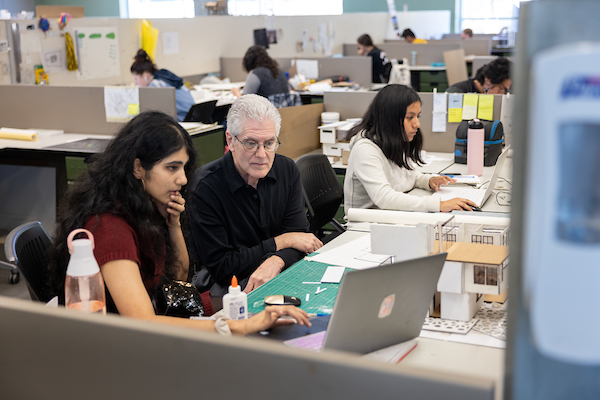Industrial Engineering Technology
Learn more about Industrial Engineering Technology
Admission Requirements
None.
This program does not have specific admission requirements. Only admission to Kennesaw State University is required to declare this major.
General Education Core IMPACTS Curriculum Recommendations for this Major
M: Students should take MATH 1113 or higher.
T: Students should take MATH 1190 or higher.
T: Select two course pairs from the following: CHEM 1211/L, CHEM 1212/L, PHYS 1111/L*, PHYS 1112/L, PHYS 2211/L*, PHYS 2212/L, BIOL 1107/L, or BIOL 1108/L. *Students cannot take both PHYS 1111/L and PHYS 2211/L nor PHYS 1112/L and PHYS 2212/L.
Concentrations Available
- Quality Principles Concentration
- Logistics Concentration
Related Minors or Certificates Available
- Logistics Certificate
- Six Sigma Green Belt Certificate
Sample Classes
-
IET 3322: Work Measurement and Ergonomics
This course will focus on work design and ergonomics in manufacturing. Topics will include work methods and production processes to improve operator effectiveness and reduce production costs. Techniques studied include operation analysis, motion study, work sampling, time study, line balancing and ergonomic applications.
-
IET 3424: Engineering Economy
As an introduction to the effect of the time value of money, this course will use equivalent annual cost, present worth, internal rates of return, and benefit to cost ratios in making economic analysis. Tax consequences, replacement theory and economic life will be examined in the analysis of engineering problems.
-
IET 3410: Principles of Team Dynamics
Students will learn the skills and techniques to succeed as a team member in the workplace. Topics include leadership and communication skills, social influences, decision making, problem solving techniques, and team development.
-
IET 3620: Warehousing Systems
This course explores various methods and systems dealing with warehousing systems including such areas as management systems, operations, storage and handling strategies, work flow, automation, transportation modes and performance benchmarking.












